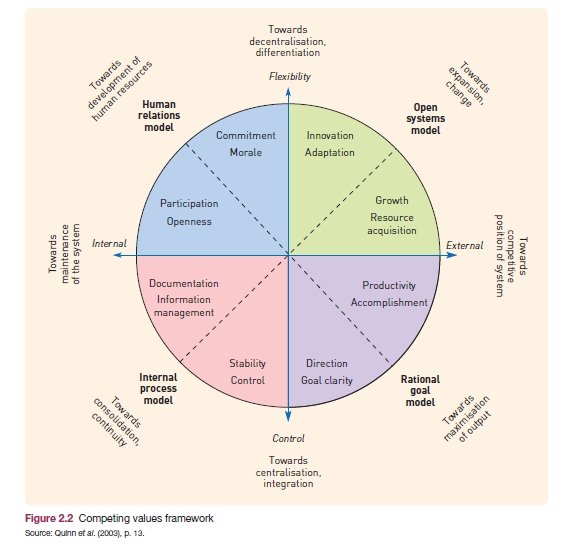Archive for the ‘global digital divide’ tag
Management Models no comments
Last week I wrote about an introduction to the basic concepts and perspectives in the discipline of management promising a review of some management models this week. This is a summary of Boddy’s second chapter ‘Models of Management’.
Boddy defines a model as aiming to ‘identify the main variables in a situation, and the relationships between them: the more accurately they do so, the more accurate they are.’ A model furthermore provides a ‘mental toolkit to deal consciously with a situation’. Boddy emphasise that managers can draw upon different models according to the varied situations they face – what is important is understanding the values embodied in the model or theory and act accordingly. That is also known as thinking critically about a situation, an essential skill in management.
Boddy and others identify four key types of models of management according to their underlying philosophies:
- rational goal
- internal process
- human relations
- open systems
Rational goal models
Some of the first kinds of models to have been developed, their origins are found in the formation of the modern firm, during the Industrial Revolution, where managers were face with the need to manage new organisational structure profitably. It evolved from the tradition of scientific management and operational research. The model emphasise the aim of maximising output/profit through enhanced control and quantitative information as a basis for decision-making.
Internal process models
These come from the Weberian bureaucratic management ideas and from Henri Fayol’s notion of ‘administrative management’ which emphasise rules and regulations over personal preferences, division of labour and hierarchical structure. While the concept of bureaucracy has been widely criticised (notably for stifling creativity) it has been supported when it allows employees to master their tasks therefore enhancing security and stability and is still widely used today, notably in the public sector.
Human relations models
These theories were developed when experiments on working conditions (lighting or other material factors) produced unexpected results. It was shown that altering the environment positively or negatively, output from the experimental team still increased. Elton Mayo, invited to comment on the results, asserted that output growth was the result of the new social relations established in the team. Individuals felt special, they were asked for their opinion, and as part of the experiment fully collaborated with one another. This led theorists to emphasise the importance of social processes at work, including the well-being of employees.
Open systems
Finally open systems models where the organisation is seen ‘not as a system but as an open system’, which interacts with its environment. Resources are imported, undergo transformations and turned into output that generate profit. Information about the performance of the system goes back as a feedback loop into the inputs. Important variants include socio-technical systems where outcome depends on the interaction of technical and social subsystems. Another is the notion of contingency management which emphasises the need for adaptability to the external environment. And finally complexity theory which focuses on the complex systems, their dynamics and feedback loops where agents within the system interact autonomously through emergent rules. These emphasise the non-linearity of change in organisations.
The table below provides a summary of the four models (from Boddy 2010, p. 61).
In fact management theorists Quinn et. al. (2003) believe that the four successive models of managements complement rather than contradict each other, and they provide a framework that integrates these various model – the ‘competing values framework
Next week I will look to read about management and global issues to get a better grasp of the discipline’s approach to an issue that transcends its main ontological actor – the organisation.
References
Boddy D. (2010) Management: An Introduction, 5th edition, Harlow: Financial Times Prentice Hall
Quinn, R.E., Faerman, S.R., Thompson, M.P. amd McGrath, M.R. (2003) Becoming a Master Manager: A Competency Framework, 3rd ed., Hoboken: John Wiley & Sons

